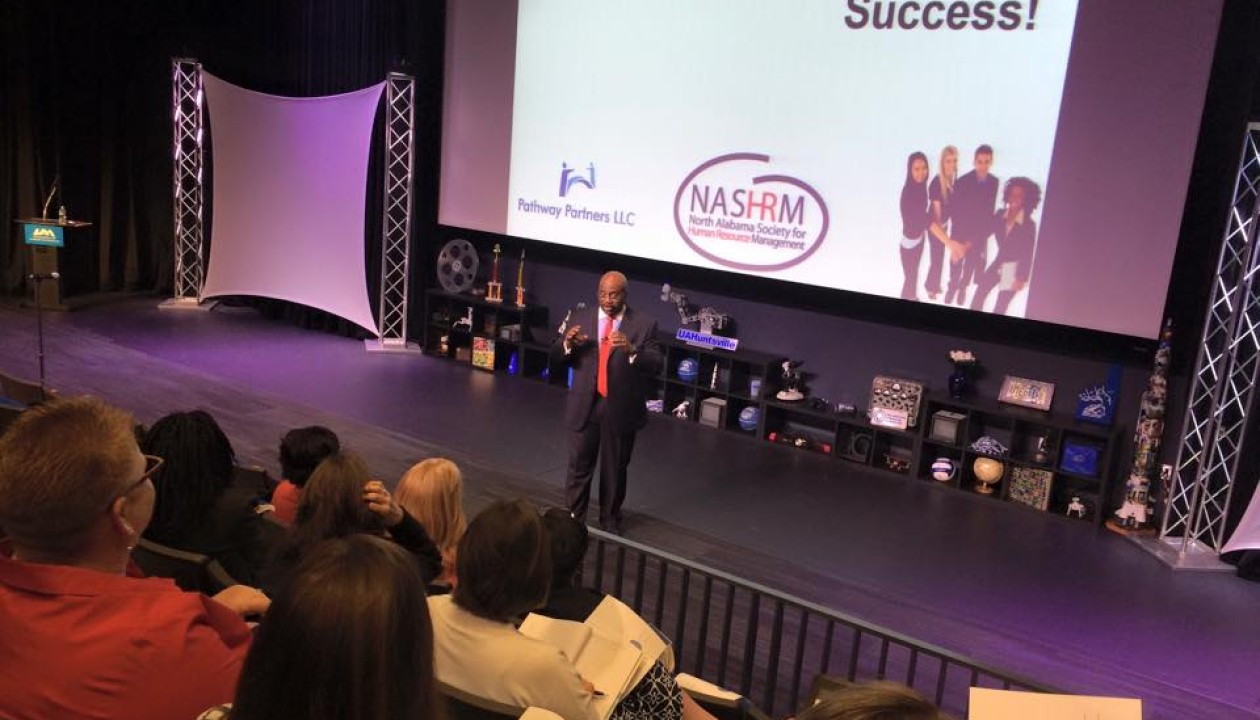
19 Things They Don’t Teach You About Business in School
By Nicolas Cole Contributor, Inc.com
I graduated from Columbia College Chicago with a degree in fiction writing.
Yeah, that’s a thing.
My classes consisted of Intro to Fiction, Journal & Sketchbook, and all sorts of other classes I’m fairly certain my finance-studying peers considered one standard deviation away from The History of Crayons.
But I was a slightly different breed than my satchel-carrying, animé-collecting classmates.
All throughout college, I asked myself the same question over and over again: “How am I ever going to make a living as a writer?”
As much as I was studying the art of writing, I was extremely aware of the fact that a writer has to eat–and in order to eat, one must understand the business of writing.
Want to know how many classes were offered on the business side of the equation?
Zero.
So, I taught myself instead. I read books like What They Don’t Teach You At Harvard Business School, and after graduating, surrounded myself with as many entrepreneurs as possible. It didn’t matter if they were selling technology, clothing, or a service. I wanted to know how they sold their craft, and how they handled their business.
Here are 19 things nobody taught me in art school about the business of selling what it is you do, that I had to learn on my own:
1. People don’t buy the “thing.” They buy the brand.
If you want to sell your craft, then you have to shift your mentality from the object or service, to the brand you’re building and what you stand for.
As time goes on, this is the only real way to command higher prices from clients and customers. If someone really wanted the cheapest option possible, they would wholesale it overseas. But people don’t want the cheapest option. They want the best option, that resonates with them.
That’s a brand.
2. You don’t get paid what you’re worth. You get paid what you negotiate.
People will not pay you more until you are able to explain why you should be paid more.
This is a hard truth to swallow.
3. Business is built on relationships.
That old adage, “It’s all about who you know,” is very, very true.
If you want to be successful in business, period, you have to master the soft skill of forming bonds with people. That’s how opportunities fall into your lap. That’s how you get invited to the right places, to meet the right people. That’s how you end up next at-bat.
4. If people don’t have to pay you, they won’t.
Work does not begin until payment is received.
Let me say that again.
Work does not begin until payment is received.
5. Consistency beats talent every time. (And if you have both, you’ll go far.)
The most accomplished people, in just about every industry, are largely the product of consistency. They aren’t wildly brilliant. They aren’t prodigies.
They’re just consistent, day in and day out.
Which means, if you have talent and can adopt this same level of discipline, you can become one of the best in your industry.
6. “No” doesn’t mean you’ve failed, it means you know what not to do again.
School does a terrible job at teaching students how to have thick skin.
When someone tells you, “No,” that doesn’t mean it’s over. That means you’ve learned something. You now know what not to do again, and where to move next.
7. Finding the right business partner requires dating around.
Getting into business with someone is a big decision–and you won’t get it right the first time around (just like I’m pretty sure your first girlfriend/boyfriend wasn’t the right fit either).
Not everyone is co-founder material. Not everyone is a worthwhile collaborator.
Date around. You’ll know the right one when you meet him/her.
8. If you want to grow faster, practice in public.
You know the scene in the movie where the lonely innovator or artist finally steps forth into the world after decades of working on his or her masterpiece?
Yeah, that’s a bad strategy.
You learn a lot more, and grow a whole lot faster, if you practice in public, reveal in iterations, and adjust as you go.
9. Your peers aren’t as successful as you think they are. Relax.
Social media does a wonderful job of painting this picture that everyone is out here leaping off cliffs in the Caribbean, checking the time on their Rolex watch before leaping into their Porsche to go spend the afternoon browsing the Internet at a vintage coffee shop.
Just focus on what you’re working on. Everything else is just noise.
10. Just because can, doesn’t mean you should.
An idea isn’t good just because an idea.
What makes an idea worthwhile is if it resonates with people.
11. Great work takes time.
We live in such an impatient, fast-moving society, that we forget our most treasured pieces of work, our favorite innovations took years upon years to refine and bring to life.
If you want to create something worthwhile, be prepared for it to take a while.
12. Dressing for success is a real thing.
What they don’t explain to you in school, however, is that it’s not about dressing in a way that is going to appease others.
It’s more important to dress in a way that makes you feel comfortable and confident.
13. The people who tell you that you can’t, couldn’t themselves.
Don’t take advice from people who didn’t end up where it is you’re aiming.
14. If you want to become one of the best, you have to find your community.
This is why certain individuals grow exceedingly fast, and master their craft at an alarming rate, while others lag behind. Because, chances are, they found a community of people who were also chasing the same thing.
By being surrounded by like-minded people, your standard will inherently be raised, you will pick up skills you couldn’t otherwise learn alone, and you will have a valuable network at your disposal.
15. Nobody gets it right their first time.
Anytime you see an overnight success, just know there were many, many years that came first. You’re just seeing the breakthrough.
Sometimes, you have to fail 99 times before you get that first win.
16. It’s not about how much you make. It’s about how much you save.
If you make $100,000 in a year (to use round numbers) but you also spend $100,000, then you’re not wealthy. You’re living on the edge.
What matters more is how much money you put away (and reinvest) each year.
17. Nobody cares that you “tried.”
A harsh truth about the real world: there are no participation points.
Just because you gave it your best effort, doesn’t mean you deserve something.
The market decides how much you’re worth.
18. It’s better to do one thing extraordinarily well, than 5 things somewhat well.
This took me a long time to learn.
The fastest way to scale your services or your business is to get clear on the one thing you do better than everybody else, and go all in on that.
19. Business is an art in itself.
And finally, business is a whole art in itself.
It’s not some brutish pursuit, obsessed with making money.
Money is just gasoline for the car to move.
But you’re the one who has to build the car.
